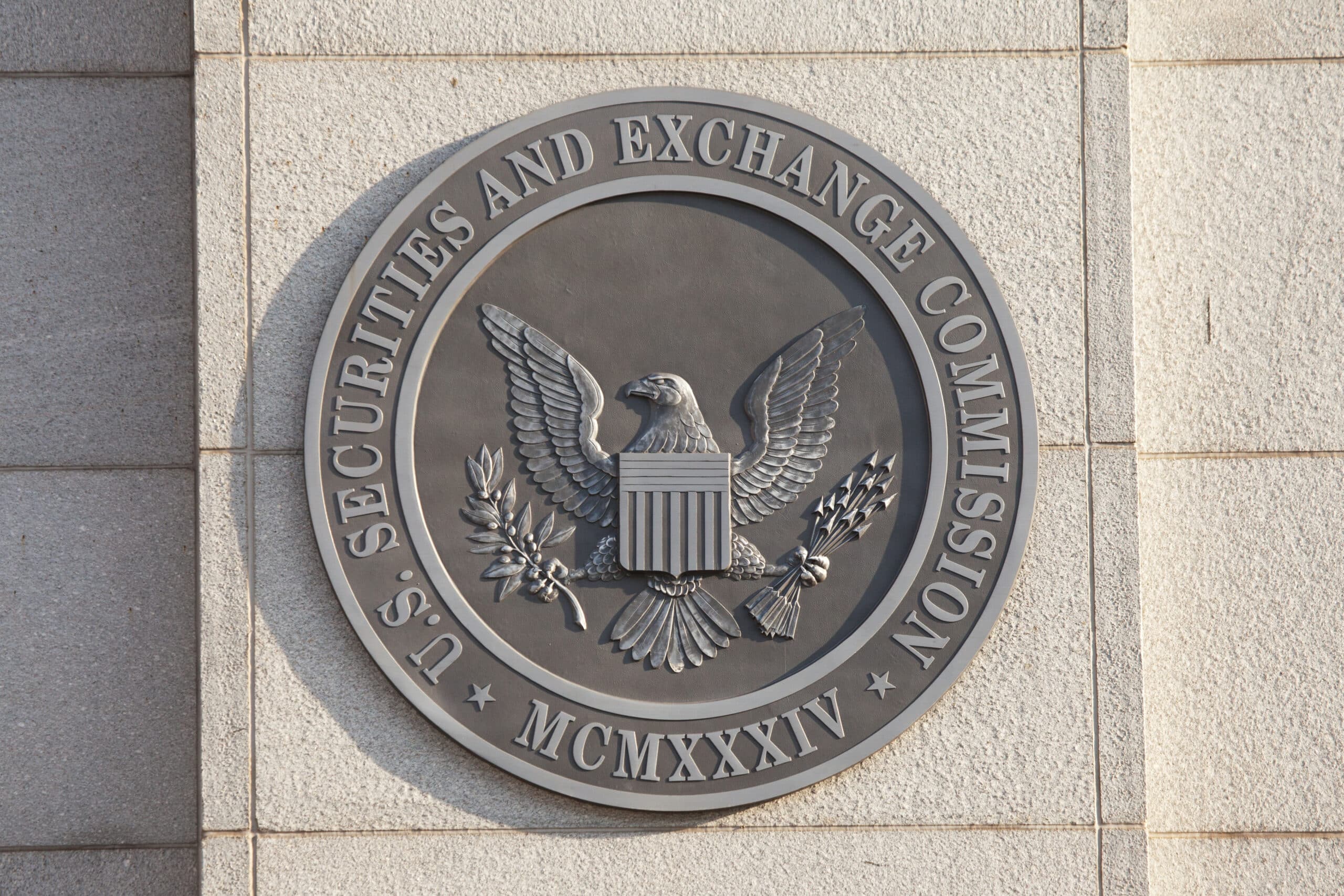The U.S. Securities and Exchange Commission (SEC) has been hit with sanctions for its lawsuit against Debt Box, for acting in bad faith and undermining the integrity of the judicial process.
In an 80-page opinion, U.S. District Judge Robert J. Shelby imposed sanctions on the regulator, in addition to denying its motion to dismiss a lawsuit against Debt Box, for deliberately presenting false and misleading evidence.
“The Commission’s above-discussed conduct constitutes a gross abuse of the power entrusted to it by Congress and substantially undermined the integrity of these proceedings and the judicial process,” read the order.
🚨 @GaryGensler’s SEC continues its losing streak in the courts.
A judge has ruled against the SEC in the DEBT Box case—imposing sanctions on the Commission for acting in bad faith.
This is one of the most alarming examples yet of Gensler’s abuse of power.
— Financial Services GOP (@FinancialCmte) March 18, 2024
In January, the SEC sought to dismiss the lawsuit filed against Debt Box after the court threatened sanctions. The regulator accused the firm of orchestrating a $49 million fraudulent scheme and won a restraining order to freeze its assets on claims that its founders had sent $720,000 overseas to evade U.S. laws.
The SEC’s main source of evidence was a YouTube video of Debt Box founder Jacob Anderson saying he had “moved all operations to Abu Dhabi.”
“The critical evidence the Commission offered to obtain and defend the ex parte TRO lacked any basis in fact, yet the Commission nonetheless advanced that evidence in deliberately false and misleading ways,” said Judge Shelby.
The SEC has now been ordered to pay the attorneys’ fees of the defendants in the case, but as Coinbase’s chief legal officer Paul Grewal pointed out, these funds will likely consist entirely of taxpayer money.
“The Commission just foisted a bill onto every one of us for their litigation misconduct,” said Grewal on X.
March 19 04:34am ET: This story has been updated to clarify that the SEC accused the firm of orchestrating a $49 million fraudulent scheme.



